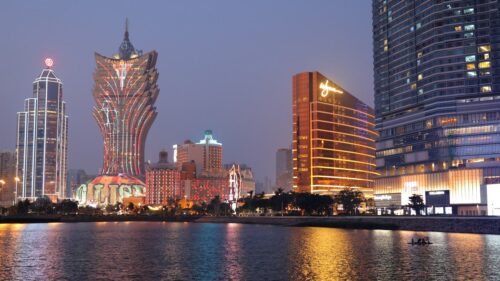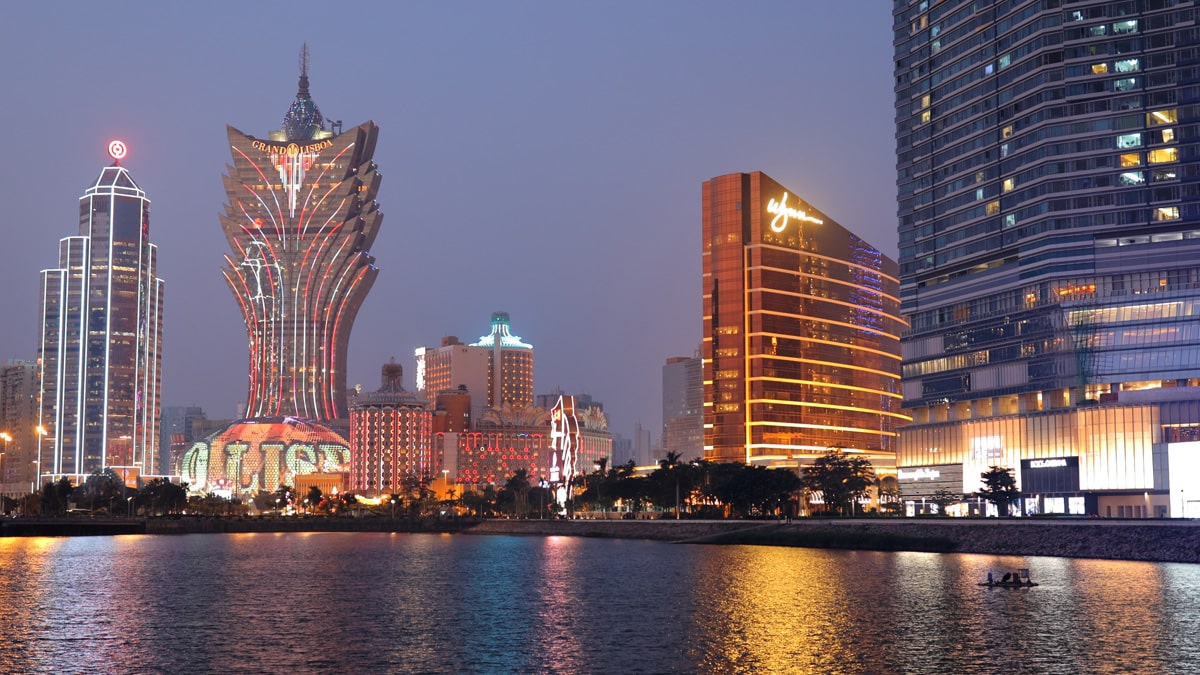Macau’s Secretary for Economy and Finance, Lei Wai Nong, asserted last week that 2021 promises to be a much better year for the city and its casinos, with gross gaming revenue (GGR) rebounding relatively quickly. 2020 found Macau taking a massive hit from COVID-19 and things can only improve from here, but by how much and how quickly remain to be answered. Morgan Stanley doesn’t seem to share Lei’s enthusiasm, however, and has pushed down its previous estimate on what this year’s GGR for Macau will be. The financial giant’s analysts have lowered their expectations for 2021 by 10%.

The new estimate, which equates to around $23.7 billion, would be just 65% of what Macau recorded in 2019. Praveen Choudhary, Gareth Leung and Thomas Allen believe that a lack of VIP traffic is going to hinder recovery efforts this year, explaining that VIP revenue might only be 40% of what it was two years ago. The forecast is lower than what many others predict, with an investor consensus of around 70%, and the analysts add that 2022 might not even reach the level seen in 2019.
The analysts assert, “VIP will continue to drag overall GGR down. While macro[economic] indicators are showing upticks… junkets are leaving the field. Both Suncity and Tak Chun are taking stakes in casinos and diversifying away from pure junket business.” The macroeconomic indicators hinted at include changes being seen in the domestic Chinese agenda, including a crackdown on the promotion of overseas gambling that is expected to be put into place as of March 1.
The good news is that Macau casino operators’ attempts to reduce expenses last year are paying off. The analysts pointed out that operating expenses, excluding VIP rebates, taxes and other certain expenses, dropped by 39% year-on-year. This new, reduced level in outlay is expected to be the new norm, according to the analysts, which will benefit operators and Macau over the long term.
Choudhary and the rest of the team also believe that, even if 2022 will still remain sluggish, it could be a much better year if operators take the necessary precautions. The analysts increased their 2022 outlook to reflect an 8% increase over 2019, which will be a direct result of the cost-cutting measures combined with improvement in operations. However, these predictions aren’t yet convincing investors, with stocks still sluggish. As a result, Morgan Stanley asserts, “By 2H21, we expect to see that 2022 consensus estimates are too low. We are 5% higher than consensus for 2022 EBITDA (earnings before interest, taxes, depreciation and amortization). Thus, we recommend accumulating on any weakness in 1Q21.”






